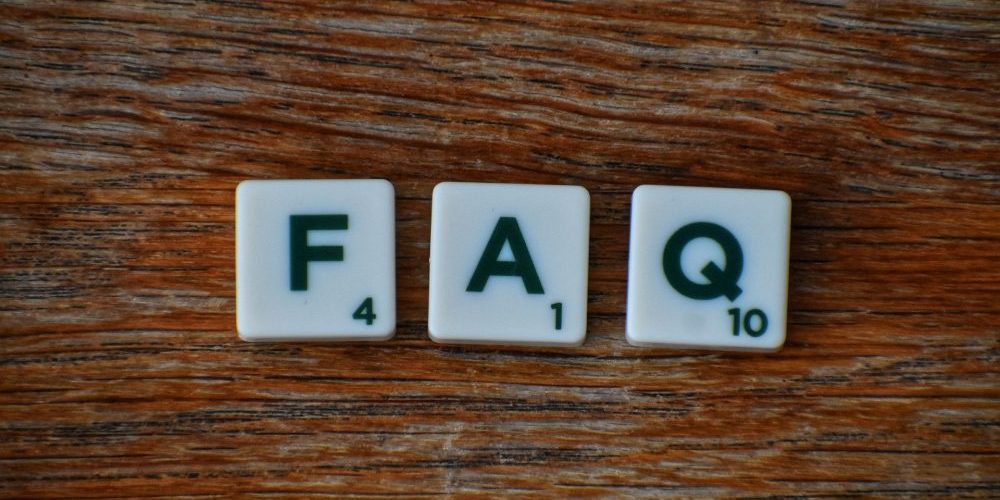Buying a new house (or any property for that matter) is a huge commitment, and can often be a little daunting. Even if you’re not a first time buyer, the chances are it’s been a while since you bought a place, and therefore going through the whole housing-moving process. Apparently, buyers spend on average only 25 minutes viewing a property before deciding whether or not to make an offer – which isn’t very long at all! So you’ll want to make sure you maximise your time and ask all the right questions during a viewing.
Here are some of the best questions to ask when buying a house:
How long has the property been on the market?
If the house has been on the market for months, then you need to ask why. Is there a problem with it that you haven’t spotted? Surveys will discover any potential bigger problems, but it’s a good idea to ask and find out before you fall in love with somewhere.
Has there been much interest?
If you’re really keen on a place, there’s no point worrying and wondering how many other people also like it, and if there have been any other offers yet- make sure you ask. If you spot other people viewing before and after you, then you know it’s popular. The estate agent won’t be able disclose the figures when it comes to offers, but can tell you if offers have been made.
What’s the area like?
Are the schools considered good, and are they over or under subscribed? What’s the crime rate like? Remember, you can renovate a house but it can’t be moved! Make sure you love the location before you put an offer in.
How long have the owners lived there?
If the owners are moving out after a short time, why? This is a really important question to ask. The owner might just be moving out of area or to a different sized property, but there could be plenty of other dubious reasons. Sellers are legally obliged to divulge any disputes with neighbours, so it’s perfectly okay to ask what they are like.
Has there been any major, recent renovations carried out?
If you don’t intend to have a full structural survey on your home, make sure you find out about work that’s been recently undertaken and ask to see evidence, like builder’s receipts or guarantees. Make sure you check that planning permission for any recent works has been obtained and has consent of the freeholder (if applicable). If proper permission wasn’t obtained for a recent extension, then it might have to come down. Fresh paint could mean the sellers are covering cracks or damp, so check walls carefully and look out for the musty smell of damp.
Is the property listed or in a conservation area?
This will show up during the conveyancing process but you may want to know before, especially if large trees in the garden are a concern, as they might not be able to be removed. If you buy a listed property the changes you can make both outside and, in some cases, inside too can be restricted. In a conservation area, other restrictions can also apply, so make sure you thoroughly research these.
What’s included in the sale?
Is the garden shed or greenhouse included? Are the fixtures and fittings eg cooker, fridge freezer? Exactly where does the boundary lie? Make sure you know what you’re getting for your money.
Which was does the property face?
If you have a garden or terrace, then you’ll want to make sure it gets the sun at your preferred time – whether you like the light streaming through the windows of your bedroom in the morning, or you prefer sunny summer BBQs and drinks in the late afternoon sun.
Have the sellers found their next property?
Find out what the chain situation is (if there is one). Being in a long chain can create complications for buyers and often delays. The ideal situation is that the property is chain-free but, if not, knowing the sellers are organised and keen to move quickly is encouraging for a quick and uncomplicated sale.

